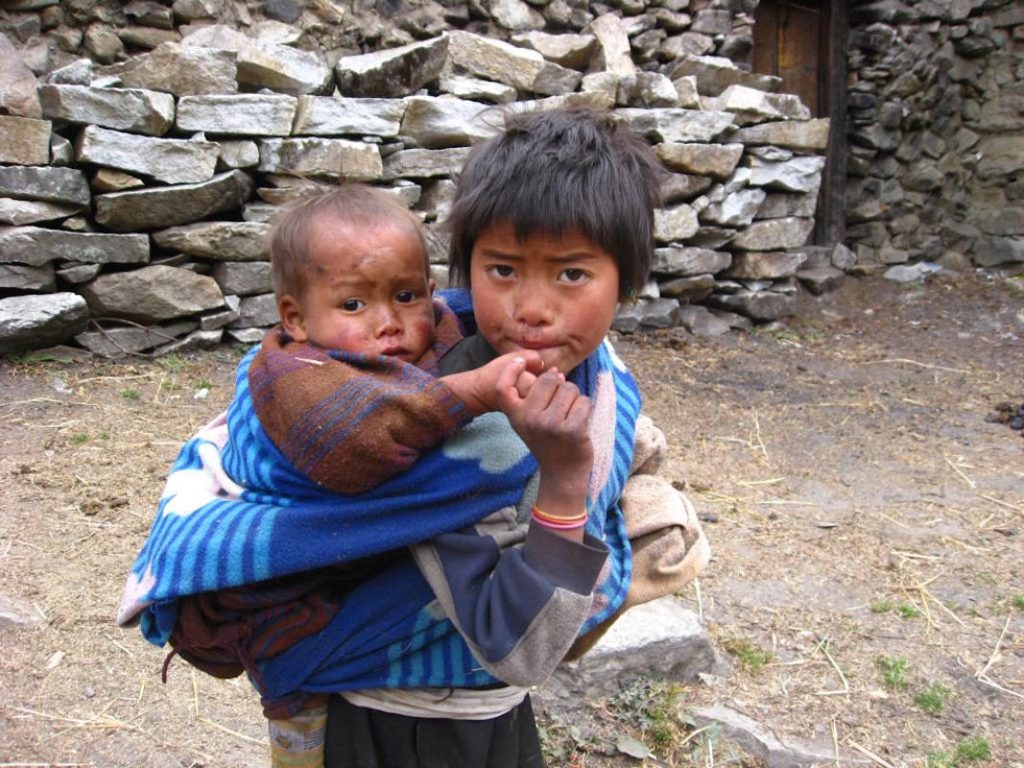This project is co-funded by the City of Vienna. In cooperation with PHASE Nepal, PHASE Austria implemented a focus programme School Access for Disadvantaged Children in the Maila, Melchham and Jair VDCs (Village Development Committees) in Humla District, Western Nepal (Province 6).
![]()
Project duration:
December 2015 to May 2018
VDCs Maila, Melccham and Jair, Humla, Western Nepal
In spite of legally compulsory education in Nepal, the country is still far from achieving universal primary education (MDG 2), in particular disadvantaged groups (“low caste” and extremely poor people) have poor enrolment rates as well as a high likelhood of leaving school early. Girls, as often, are affected more than boys (MDG 3).
In a first phase, an Education Development Facilitator (EDF) will collaborate with local stakeholders (education office, teachers, community representatives) to identify affected children, and discuss and hone possible measures in a participatory process; at the end of this 6 months baseline study, PHASE and local actors will decide on the measures to be implemented.
The project plan envisages two possible paths of action: an alternative model (local evening schools for affected children), and an incentive model (material incentive for carers, integration of the children into mainstream school). Both models have their pros and cons, therefore the initial phase of research and discussion is essential for the success of the programme.
In total, we expect about 120 children (school leavers or children who have never enrolled) to benefit from the programme; an additional impact we expect lies in strengthening or creating an awareness of the problem among the local population as well as with the education authorities. In addition, the development, implementation and evaluation of suitable measures will also provide a best practice model for this persistent problem, which may be implemented in other communities at a later stage.


